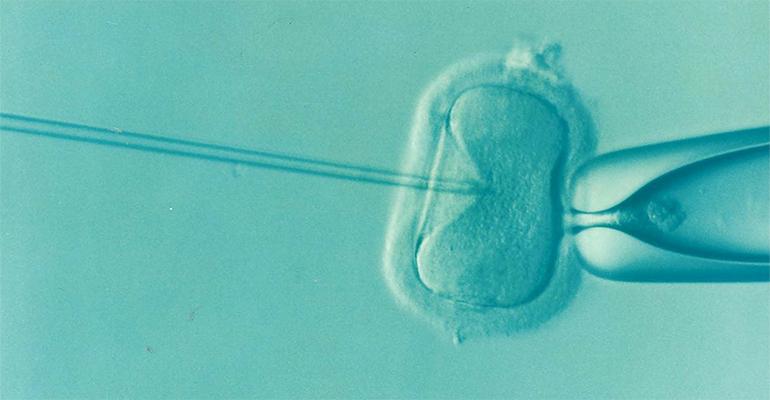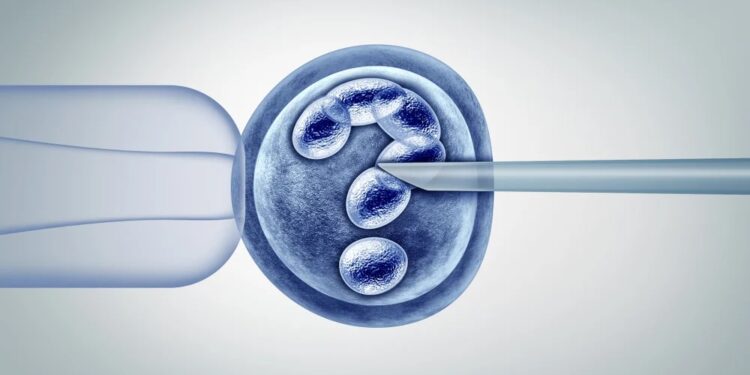
Recent studies have shown how fertility experts are leveraging artificial intelligence (AI) technology to assist infertile couples in their journey of parenthood. A recent development to have come out in this regard is from the United States.
Researchers have claimed that the results of their study could help enhance the success rate of In-vitro Fertilisation (IVF) method, a widely known Assisted Reproductive Technology, by determining early on if an in vitro fertilised human embryo could lead to live birth. According to a report, they used an AI-driven system to examine a large number of time-lapse images of the early-stage embryos to identify “with a great degree of accuracy” which ones would most likely result in healthy babies. The technique is also seen to help lower the risk of multiple pregnancies.
Prof. Dr. Human Fatemi, IVI Middle East Fertility Clinic, explained that the process of selecting the healthiest embryos for implantation in a woman’s uterus involves a careful examination of the embryo’s appearance at the blastocyst stage or the early development phase. He highlighted that bringing AI into the picture would help improve and standardise the current critical embryo selection system, which, for many experts, has remained very subjective and inconsistent. The technology utilises mathematical methods to point out a viable embryo.
Changing the landscape
“Generally speaking, the embryo quality is just one factor used by specialists to establish the chances of having a successful pregnancy in the IVF procedure. With that said, however, it should be pointed out that it is highly crucial in the entire process. AI has been changing the landscape of many fields and disciplines and the area of fertility treatment is no different. We should continue to look into the benefits of fully embracing this technology and its impact on our efforts to continuously increase our success rate. This will bring greater hope to many couples who are struggling to conceive,” added Dr. Laura Melado, IVF Specialist, IVI Fertility, Abu Dhabi.
Additionally, recent publications showed that utilising the AI technology is cost-effective and non-invasive apart from accelerating and promoting higher consistency in the embryo selection process.

















